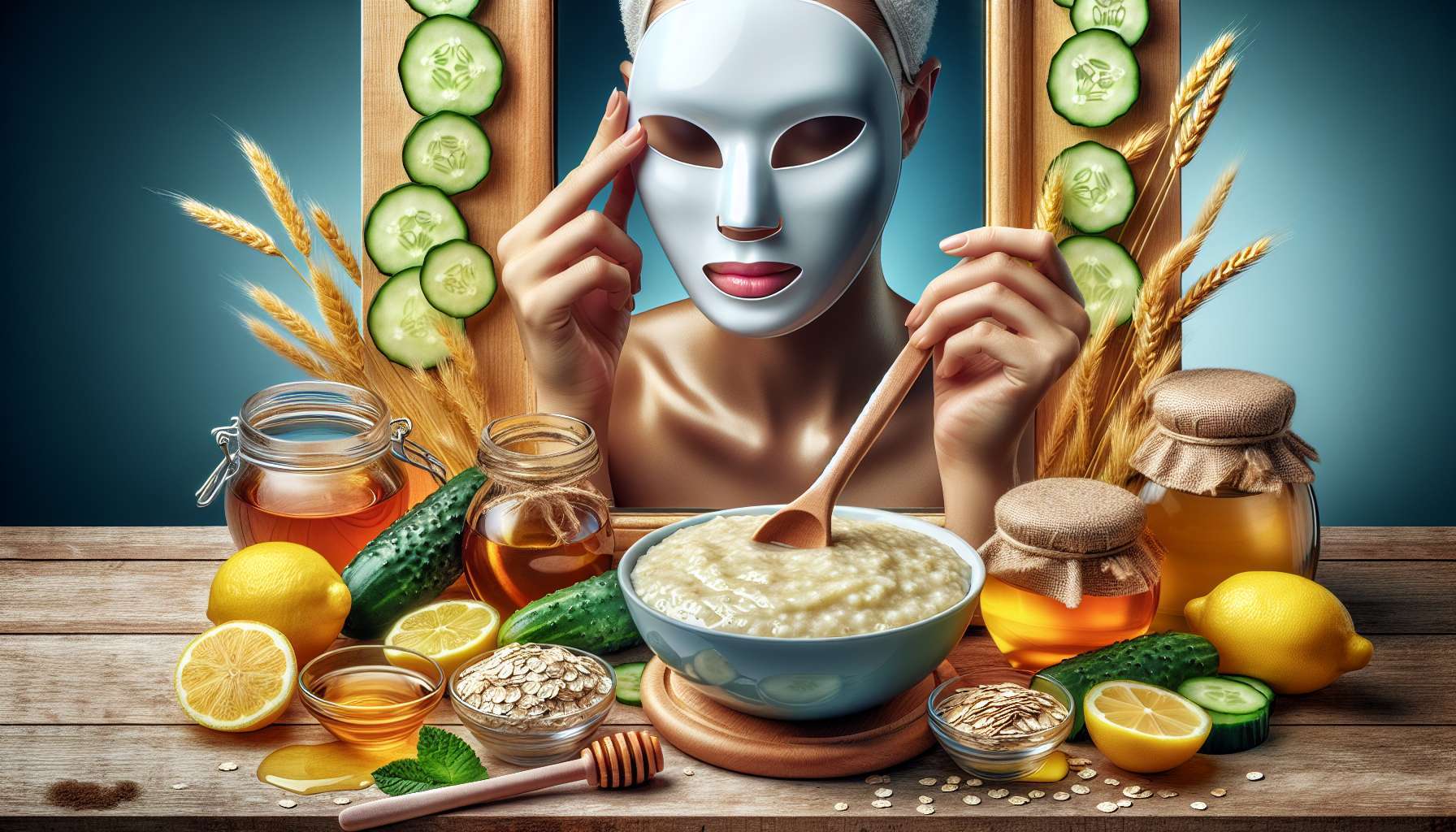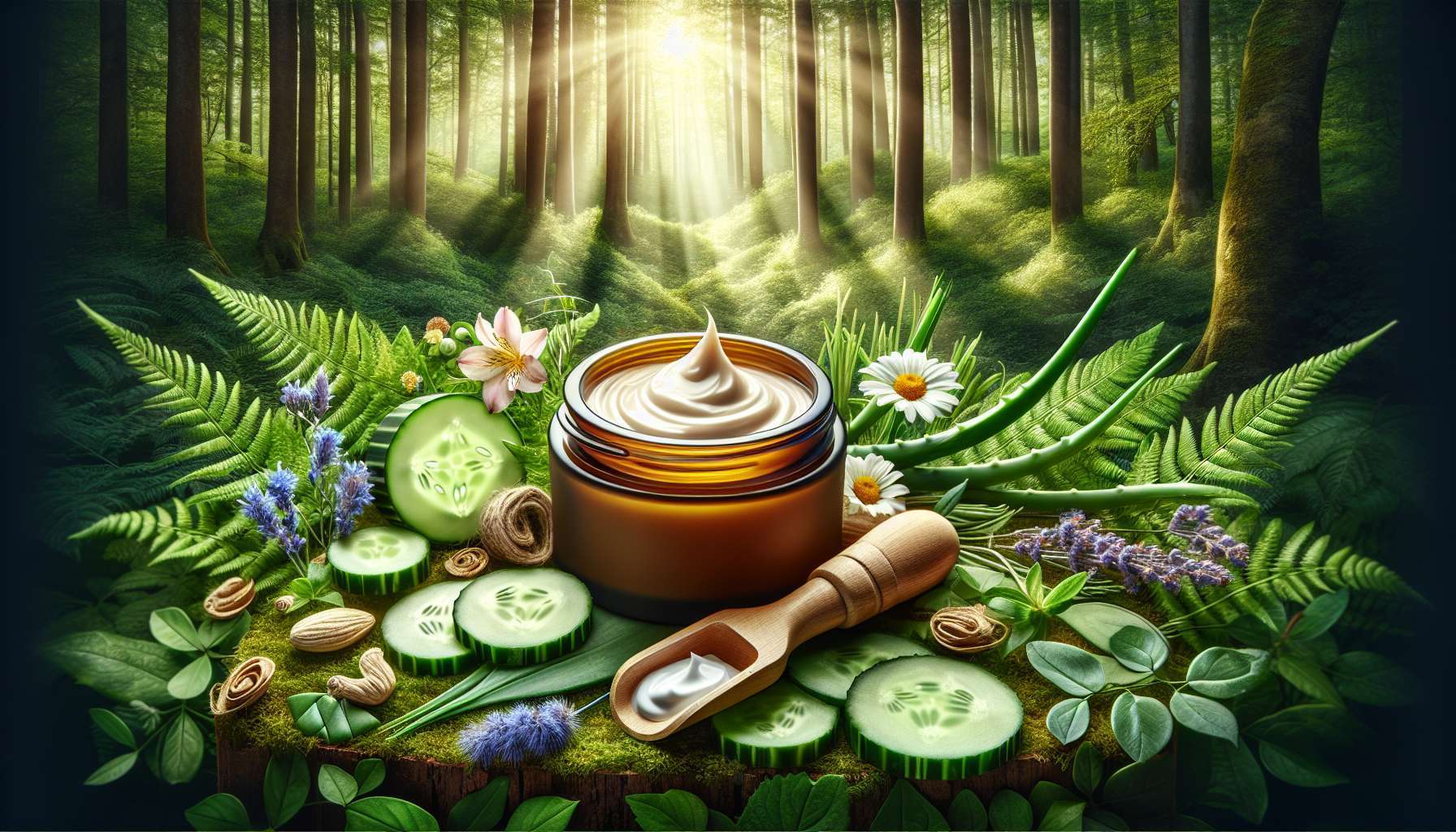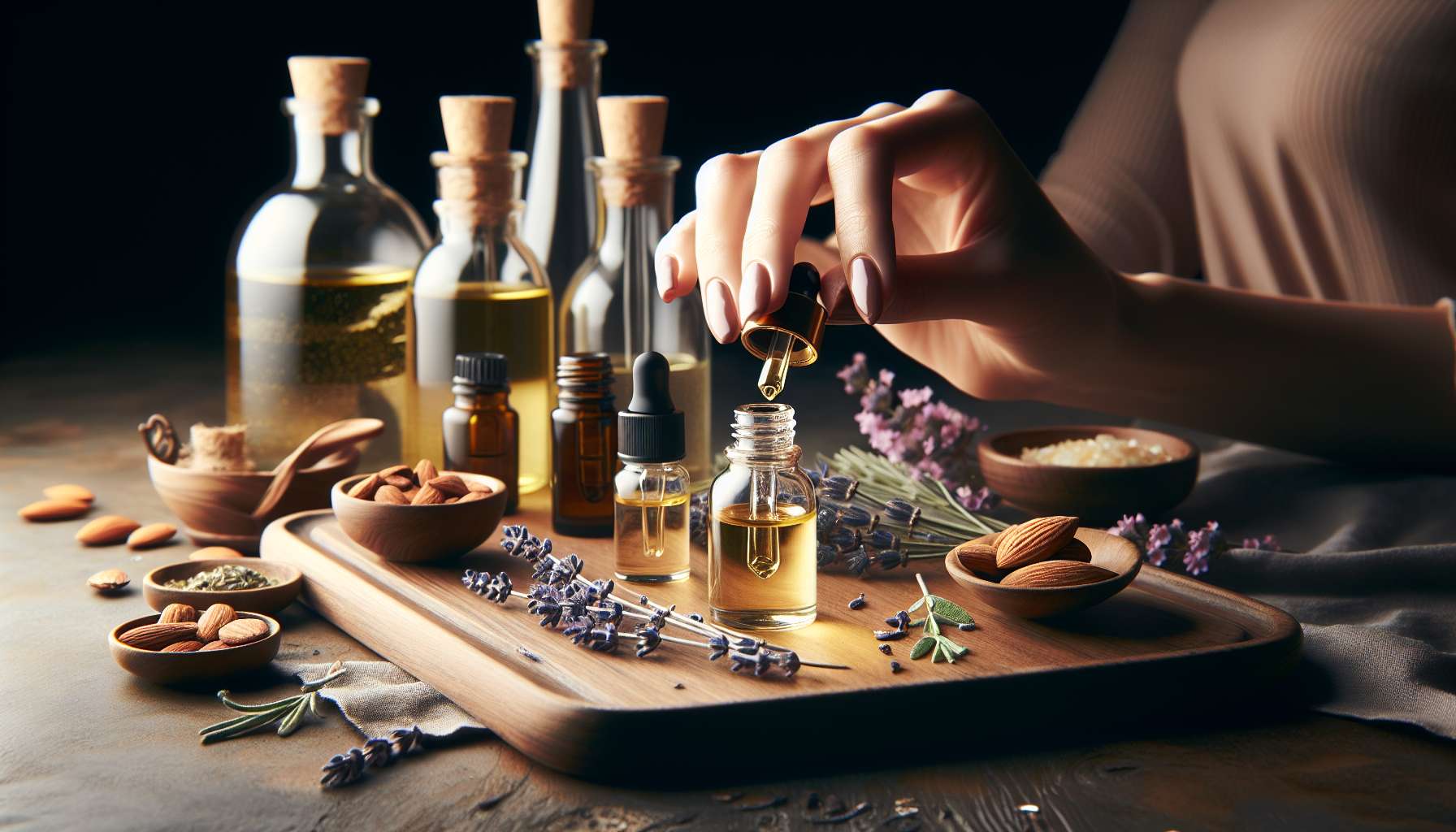The Ultimate Guide to DIY Skin Care
When it comes to taking care of our skin, many of us are constantly on the lookout for new and innovative ways to keep our complexion glowing and healthy. In recent years, do-it-yourself (DIY) skin care has gained popularity as people seek natural, affordable, and customizable solutions for their skin concerns. From homemade face masks to DIY serums, the world of DIY skin care is vast and full of possibilities.
In this comprehensive guide, we will delve deep into the world of DIY skin care, exploring its benefits, potential risks, and everything in between. Whether you’re a seasoned DIY enthusiast or a newcomer looking to dip your toes into the world of homemade beauty products, this article is your go-to resource for all things DIY skin care.
The History of DIY Skin Care
DIY skin care is not a new concept. In fact, people have been using natural ingredients to care for their skin for centuries. Ancient civilizations like the Egyptians, Greeks, and Romans were known for their elaborate beauty rituals that often involved ingredients found in nature. From honey and olive oil to clay and herbs, these early beauty pioneers understood the power of natural ingredients in achieving radiant skin.
Fast forward to the present day, and DIY skin care has experienced a resurgence in popularity as people become more conscious of the ingredients in their beauty products. With the rise of social media and the internet, DIY recipes and tutorials are readily available, making it easier than ever to create your own skincare products at home.
The Benefits of DIY Skin Care
One of the biggest draws of DIY skin care is the ability to customize your products to suit your skin’s unique needs. Unlike store-bought products that are formulated for the masses, DIY recipes allow you to tailor your skincare routine to address specific concerns such as acne, dryness, or aging.
Additionally, DIY skin care is often more cost-effective than buying commercial products. Many of the ingredients used in homemade skincare recipes are pantry staples or can be easily sourced from your local grocery store or health food store. This means you can create high-quality skincare products at a fraction of the cost of luxury brands.
Furthermore, DIY skin care is a great way to reduce your environmental impact. By making your own products, you can avoid single-use plastic packaging and reduce the carbon footprint associated with shipping and manufacturing commercial skincare products.
Common DIY Skin Care Ingredients
When it comes to DIY skin care, the possibilities are endless when it comes to ingredients. From kitchen staples to exotic botanicals, there are a wide variety of ingredients you can use to create your own skincare products. Here are some common DIY skin care ingredients and their benefits:
Coconut Oil
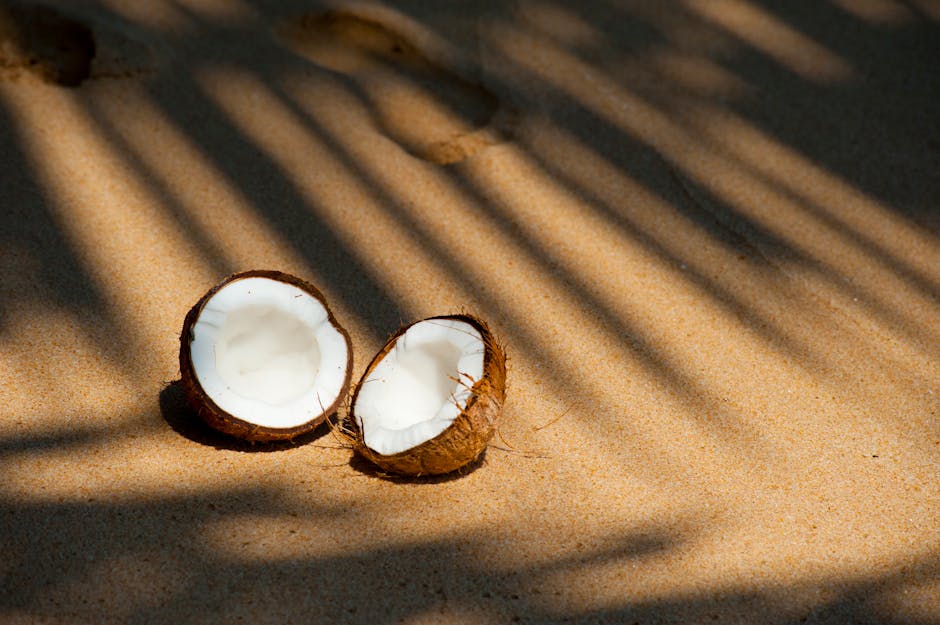
Coconut oil is a versatile ingredient that can be used in a variety of DIY skincare recipes. It is rich in fatty acids that help moisturize and nourish the skin, making it a great choice for dry or sensitive skin types.
Honey
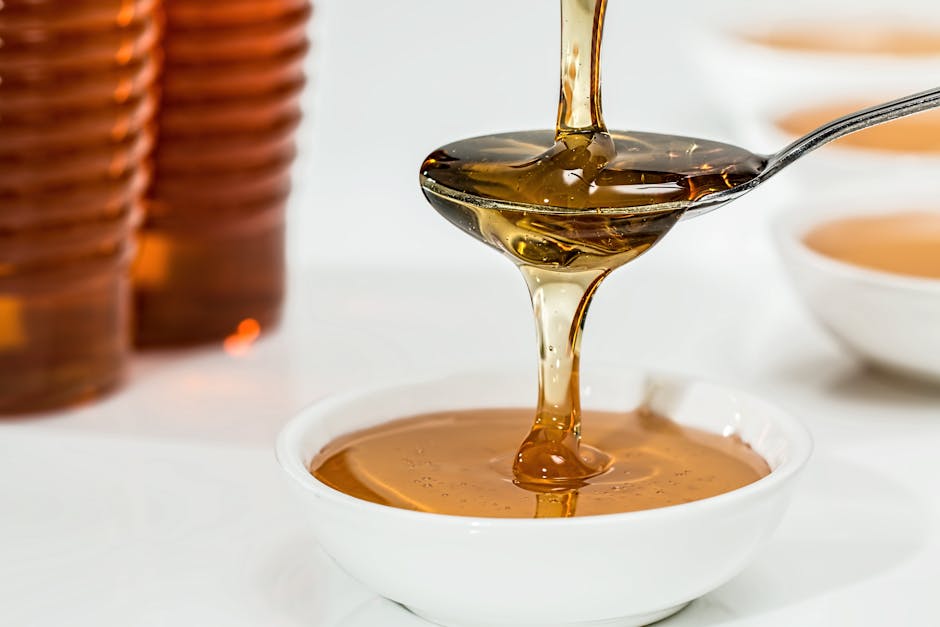
Honey is a natural humectant, meaning it helps draw moisture into the skin. It also has antibacterial properties, making it a great ingredient for acne-prone skin. Honey can be used in face masks, cleansers, and exfoliating scrubs.
Avocado

Avocado is rich in vitamins and antioxidants that help nourish and hydrate the skin. It can be mashed and used in face masks or serums to promote a healthy, glowing complexion.
DIY Skin Care Recipes
Now that you’re familiar with some common DIY skin care ingredients, it’s time to put them to use in some simple and effective skincare recipes. Here are a few DIY skincare recipes to get you started:
Hydrating Avocado Face Mask
This hydrating avocado face mask is perfect for dry or dehydrated skin. To make this mask, simply mash half an avocado with a tablespoon of honey and a teaspoon of coconut oil. Apply the mixture to your face and leave it on for 15-20 minutes before rinsing off with warm water.
Brightening Turmeric Face Scrub
This brightening turmeric face scrub is great for dull or uneven skin tone. Mix two tablespoons of chickpea flour with a teaspoon of turmeric powder and enough water to form a paste. Gently massage the scrub onto your face in circular motions, then rinse off with warm water.
Expert Opinions on DIY Skin Care
While many people swear by the benefits of DIY skin care, some experts caution against using homemade products without proper guidance. Dermatologists warn that certain ingredients, like essential oils or citrus extracts, can be irritating or even harmful to the skin if not used correctly.
Dr. Jane Smith, a board-certified dermatologist, advises, “While DIY skin care can be fun and cost-effective, it’s important to approach it with caution. Always patch test new ingredients before applying them to your face, and consult with a skincare professional if you have any concerns.”
Common Misconceptions About DIY Skin Care
One common misconception about DIY skin care is that natural ingredients are always safe and effective. While many natural ingredients can be beneficial for the skin, it’s important to remember that not all natural ingredients are suitable for topical use.
Another misconception is that DIY skincare products are always better than commercial products. While DIY skincare can be a great option for those looking to avoid certain chemicals or allergens, not all homemade products are effective or well-formulated. It’s important to do your research and make informed decisions when it comes to DIY skin care.
FAQs About DIY Skin Care
1. Is DIY skincare safe for all skin types?
While many DIY skincare recipes are gentle and suitable for all skin types, it’s important to be cautious if you have sensitive or reactive skin. Always patch test new ingredients and discontinue use if you experience any irritation or adverse reactions.
2. Can DIY skincare replace my commercial skincare products?
DIY skincare can be a great addition to your skincare routine, but it may not always replace all of your commercial products. Some skincare concerns, like acne or rosacea, may require professional-grade products or prescription medications for effective treatment.
Conclusion
To wrap things up, DIY skin care offers a world of possibilities for those looking to take their skincare routine into their own hands. From customizable recipes to cost-effective solutions, DIY skincare has something to offer for everyone. Whether you’re a seasoned skincare expert or a beginner looking to explore the world of homemade beauty products, DIY skin care is a fun and rewarding way to care for your skin.
Remember to approach DIY skincare with caution, do your research, and consult with a skincare professional if needed. With the right ingredients and knowledge, you can create effective and nourishing skincare products that will leave your skin glowing and healthy.

